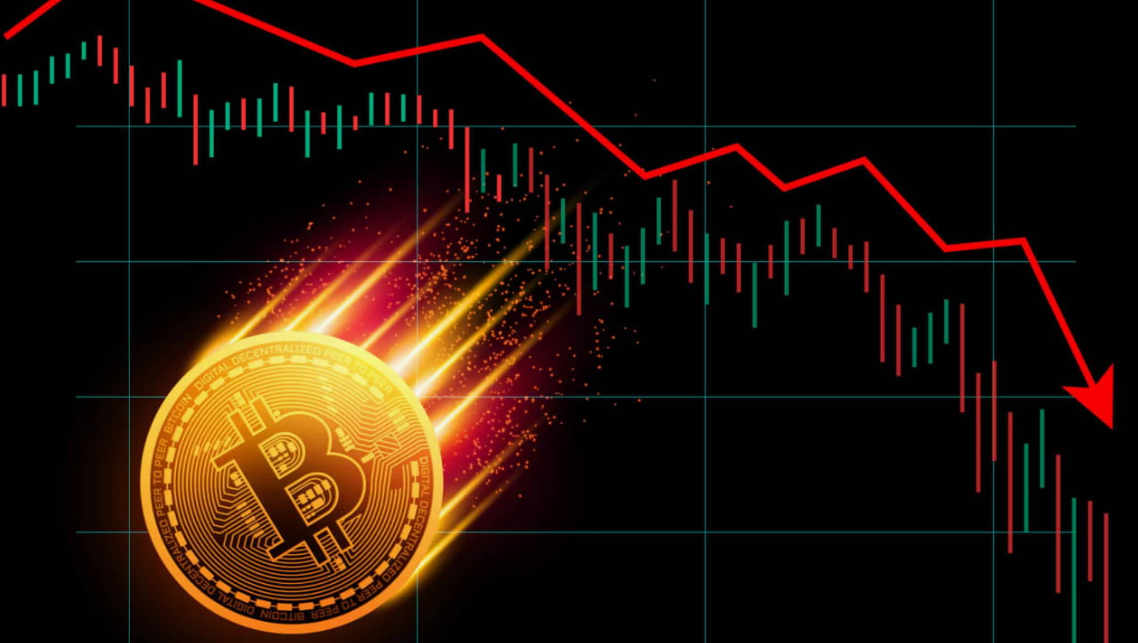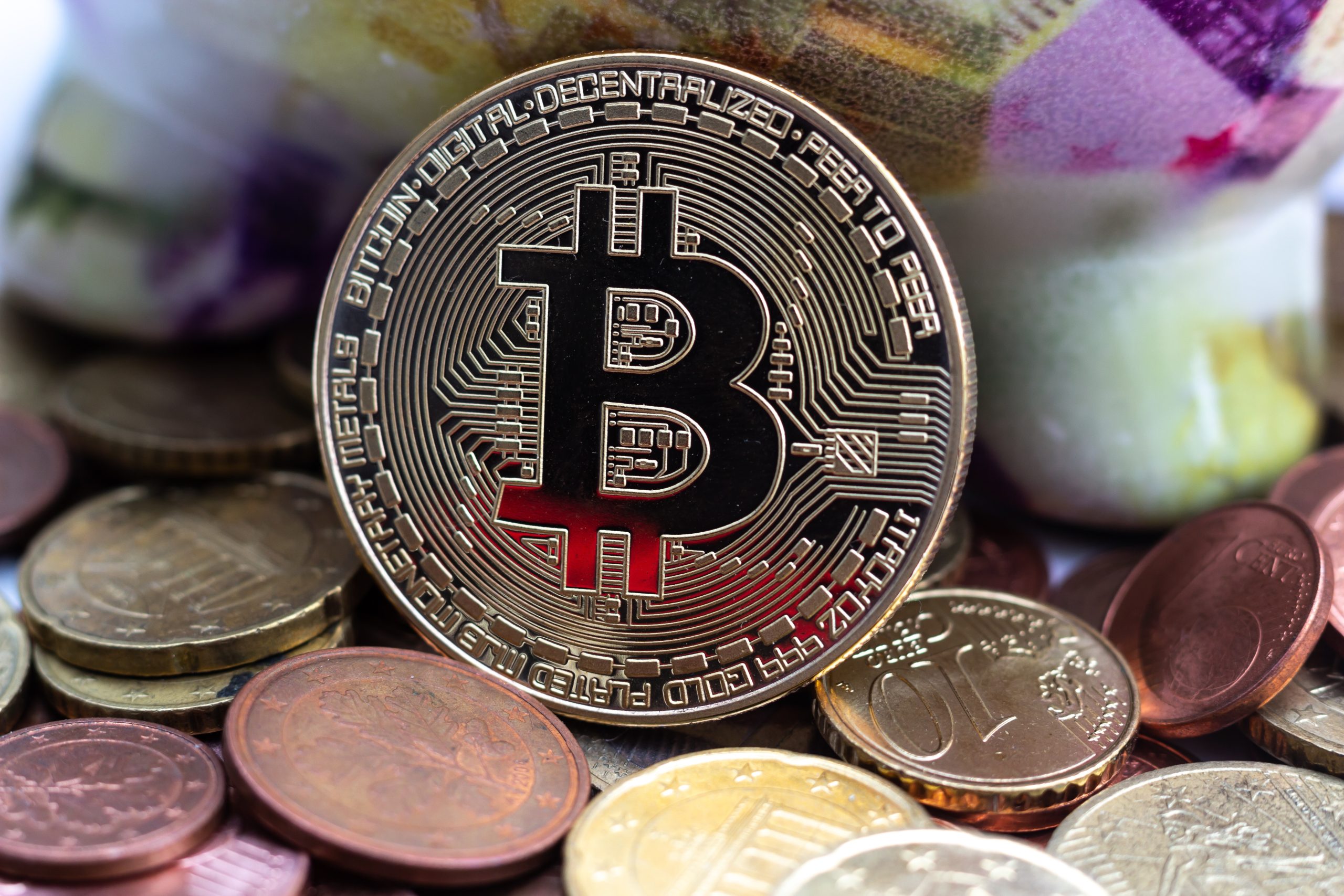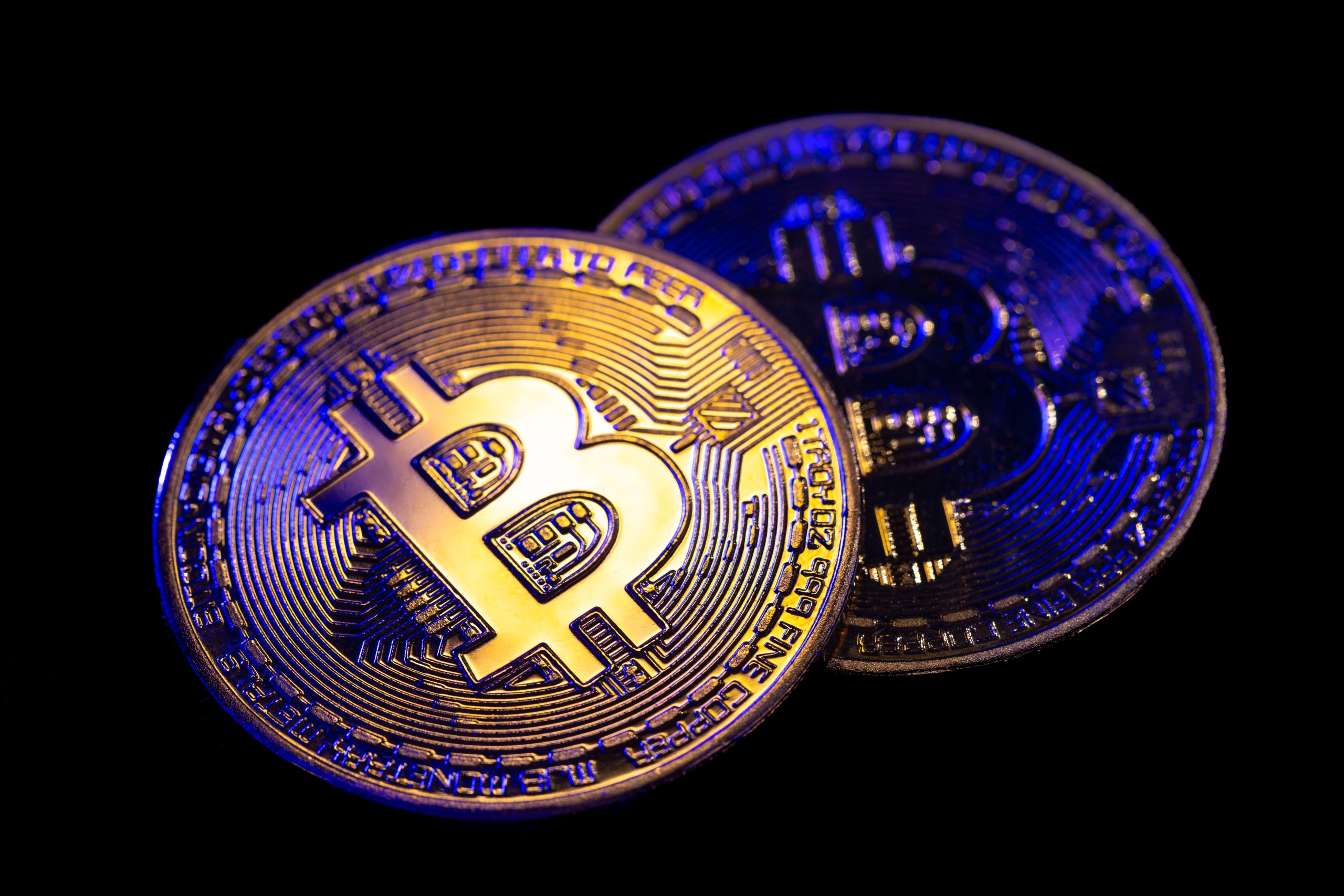Inflation—it’s a word that seems to pop up everywhere, especially when talking about the economy. But have you ever wondered how inflation impacts the currency markets? Forex news often highlights the ripple effects inflation has on exchange rates, central bank decisions, and market sentiment. For traders, understanding this relationship is crucial to making informed decisions. So, let’s explore how inflation shapes the forex world and what you can do to stay ahead.
What Is Inflation, and Why Does It Matter in Forex?
Inflation is the rate at which the general level of prices for goods and services rises, eroding purchasing power. For currency markets, it’s like a heartbeat—too high or too low, and things can get messy.
1. Inflation and Exchange Rates
When inflation rises in a country, its currency often weakens. Why? Because high inflation reduces the currency’s value, making goods and services more expensive compared to other nations.
2. Central Banks to the Rescue
Central banks keep a close eye on inflation. When it climbs too high, they may raise interest rates to cool it down. And guess what? Changes in interest rates directly affect forex trading.
3. Market Sentiment Shifts
Inflation numbers can also stir emotions in the market. Positive or negative sentiment can lead to sudden shifts in currency values.
How Inflation Impacts Currency Markets
Inflation doesn’t just sit there quietly—it actively shapes forex markets in various ways.
1. Interest Rates and Currency Strength
When a country raises its interest rates to combat inflation, its currency often strengthens. Higher rates attract foreign investors looking for better returns, boosting demand for that currency.
2. Import and Export Balance
High inflation makes a country’s exports more expensive and imports cheaper. This imbalance can weaken the currency over time.
3. Economic Stability
Inflation that spirals out of control signals economic trouble, leading to a lack of confidence in the currency.
Why Traders Should Care
If you’re trading forex, ignoring inflation is like sailing without a compass. Here’s why it matters:
- Impact on Currency Pairs: Inflation data can cause sudden volatility in major currency pairs.
- Trading Opportunities: Knowing how inflation affects currencies can help you spot opportunities during market moves.
- Long-Term Trends: Inflation trends often indicate long-term shifts in a currency’s value.
How Fxpricing Helps You Track Inflation’s Impact
Staying informed is half the battle in forex trading. Fxpricing provides the tools and resources you need to understand and act on inflation-related news.
Real-Time Forex Rates
Keep track of currency movements as they happen. Fxpricing’s live forex rates ensure you never miss a beat.
Market Analysis and Insights
Not sure what the latest inflation report means for the euro or the dollar? Fxpricing’s expert analysis breaks down the data so you can make smarter decisions.
Economic Calendar
Fxpricing’s economic calendar highlights key events, like inflation reports and central bank announcements, that affect the forex market.
Customizable Dashboards
Get a personalized view of the forex data that matters most to you, from inflation trends to live currency charts.
Personal Insights on Inflation and Forex
In my opinion, inflation is one of the most fascinating aspects of forex trading. It’s like a puzzle—understanding how rising prices in one country affect global currency values is a challenge that keeps traders on their toes.
Platforms like Fxpricing make it easier to navigate these complexities. With live data, detailed analysis, and an intuitive interface, it’s a must-have tool for anyone serious about forex trading.
Tips for Trading in Inflation-Driven Markets
If you’re trading in a market influenced by inflation, here are some tips to keep in mind:
- Follow Central Bank Actions: Interest rate changes are a direct response to inflation. Pay attention to central bank meetings.
- Use Economic Calendars: Keep an eye on inflation reports and other economic indicators. Fxpricing’s calendar is a great resource for this.
- Stay Informed: Read forex news and analysis regularly to understand market sentiment.
- Be Prepared for Volatility: Inflation data often leads to sharp movements in the market, so manage your risk wisely.
The Future of Inflation and Forex
As global economies recover from recent challenges, inflation will continue to play a significant role in currency markets. Traders who understand its impact and use reliable tools like Fxpricing will be better positioned to succeed.
FAQs
Q1: How does inflation affect currency values?
A1: High inflation can weaken a currency by reducing its purchasing power, while low inflation often strengthens it.
Q2: Why do central banks raise interest rates during high inflation?
A2: Raising interest rates helps control inflation by making borrowing more expensive, reducing spending and demand.
Q3: Can inflation create trading opportunities?
A3: Yes! Inflation data often leads to increased volatility, creating opportunities for forex traders to capitalize on price movements.
Q4: How can Fxpricing help me track inflation’s impact on forex?
A4: Fxpricing offers real-time forex data, market analysis, and an economic calendar to help traders stay informed.Q5: Is inflation always bad for currencies?
A5: Not necessarily. Moderate inflation is normal and can signal a healthy economy. However, extreme inflation or deflation can disrupt currency markets.





